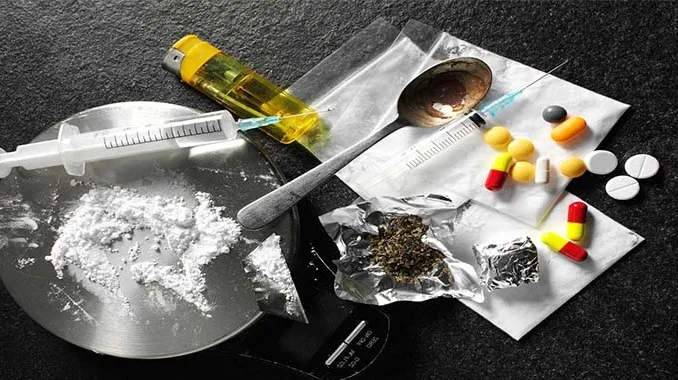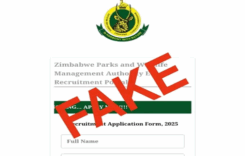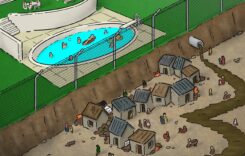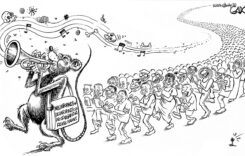Zimbabwe’s government recently launched an Anti-Drug campaign under the theme “The Strength is in You”, which is being implemented by Population Solutions for Health (PSH) to raise awareness on the effects of Drug and Substance Abuse (DSA) while supporting those in need of rehabilitation.
The new campaign is designed to support a national programme led by an Inter-Ministerial Committee on Drugs and Substance Abuse.
Critics say the government needs to seriously tackle drug peddling and the attendant corruption, which has seen Zimbabwe become one of the countries in Africa with rising numbers of young people abusing drugs.
Who are the key strategic partners in the anti-drug campaign?
- Survivors of drugs and substance addiction to help inspire others
- Influencers and celebrities – to encourage open dialogue and equip young people with skills to resist drugs.
Strategic Goals
- To promote a strategic multi-sectoral programme of interventions / initiatives to address Drug and Substance Abuse across sectors to achieve the desired vision, goals and targets.
- To engage various sectors across government and other stakeholders to address Drug and Substance Abuse dimensions of their activities.
- To promote leadership, coordination, collaborative / synergistic work, and sustainable mechanism that seek to address the multi-dimensional burden and challenges of Drug and Substance Abuse in Zimbabwe.
Strategic Pillars of Anti-Drugs Campaign
Supply Reduction – aims to disrupt the production, distribution, trafficking, and supply of illicit drugs and substances, and curtail illicit financial flows and criminal activities related to drugs, through law enforcement.
Demand Reduction – focuses on preventing and delaying use of drugs / substance among children, adolescents and young people (the youth), women, vulnerable and at-risk groups, with strategies spanning education, awareness, and community-level interventions.
Harm Reduction – Treatment, and Rehabilitation seeks to reduce the harmful effects of DSA through comprehensive harm reduction services, building healthcare capacity, and promoting evidence-based treatment and rehabilitation services.
Community Reintegration – supports recovery and reintegration into society for individuals recovering from DSA, and emphasizes community support and engagement.
Policy and Legal Enforcement – focusses on policy advocacy to harmonize legal and policy frameworks to address DSA comprehensively and facilitate law enforcement aligned with international standards.
Media and Communication – promotes public awareness, education, and behaviour change regarding DSA, aiming to reduce stigma and misinformation.
Resource Mobilisation & Economic Strengthening – focuses on securing sufficient resources for DSA interventions and supporting investments in economic strengthening opportunities for affected individuals and communities.
Sources:
Drug and Substance Abuse Plan 2024-2030
Related Content
Do you want to use our content? Click Here












